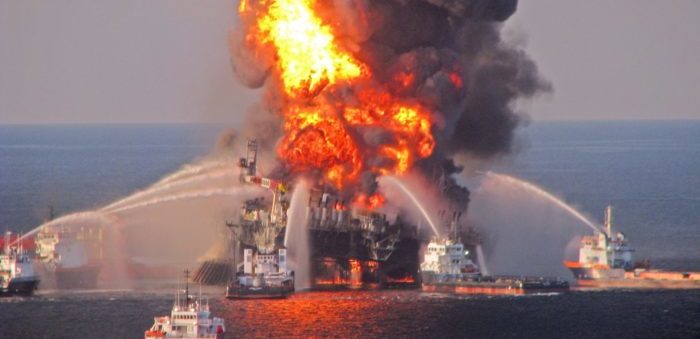The US proposed offshore drilling safety measures that it said would help prevent oil spills and protect workers and the environment.
The proposal comes to restore safety provisions put in place by the Obama administration in 2016 following the fatal 2010 BP Deepwater Horizon spill. The Trump administration had revised the rules in 2019 to reduce what the oil and gas industry said was a financial burden.
According to Reuters, the Interior Department, which oversees the Bureau of Safety and Environmental Enforcement (BSEE), said the changes would include the latest industry technology improvements.
As our nation transitions to a clean energy economy, we will continue strengthening and modernizing offshore energy standards and oversight
Interior Secretary Deb Haaland said.
The rule revisions would make technical requirements of blowout prevention systems stricter, while also mandate quicker failure investigations. They also require companies to submit failure data directly to BSEE rather than to third parties.
More specifically, the Department of the Interior is proposing revisions that would:
- Require blowout preventer systems (BOPs) to be able to close and seal the wellbore to the well’s kick tolerance design at all times;
- Remove the option for operators to submit failure data to designated third parties and instead require the direct submittal of failure data to BSEE;
- Require failure analysis and investigations to start within 90 days instead of 120 days;
- Require independent third parties to be accredited by a qualified standards development organization;
- Specify that surface BOPs on existing floating facilities must follow the dual shear ram requirements when replacing an entire BOP stack;
- Require that remotely operated vehicles be capable of opening and closing each shear ram on a BOP; and
- Require the operator to provide test results to BSEE within 72 hours after completion of the tests if BSEE is unable to witness testing.
The proposal is open to public comment until November 14.

































































